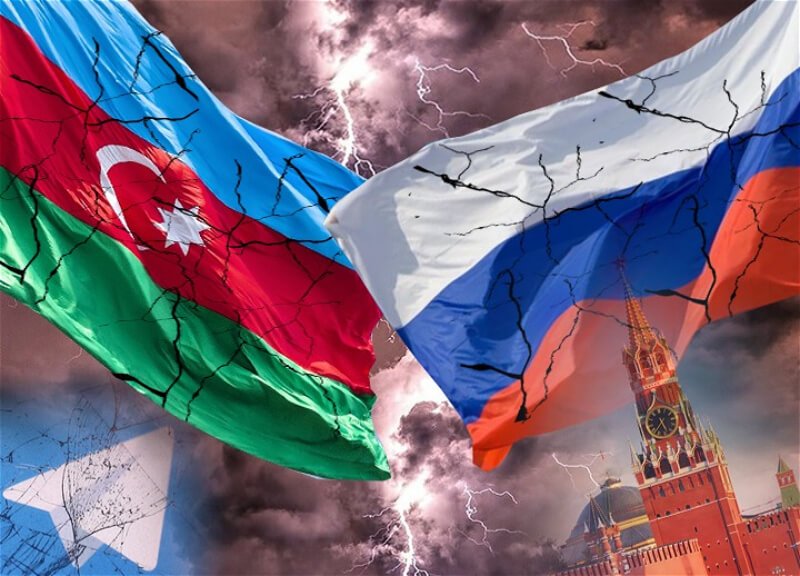BAKU, July 23 — Russia’s once-cautious media stance toward Azerbaijan has taken a sharp and hostile turn. What had been a largely neutral or even cooperative tone has now shifted toward open antagonism, particularly across Telegram channels linked to pro-Kremlin circles.
At first glance, the shift appears sudden. But a closer look reveals deep-rooted frustration in Moscow over Azerbaijan’s increasingly independent foreign policy—one that no longer seeks approval from its former imperial center. What Russian state media labels as “betrayal” is in fact the sovereign right of a nation to define its interests free from external dictates.
This development fits neatly into a well-worn Kremlin playbook: manufactured chaos, enemy narratives, and tightly coordinated media campaigns. Ukraine and Georgia have seen this strategy before. Now, it’s Azerbaijan’s turn.
Flashpoints and Triggers
Several overlapping developments triggered the escalation. Baku has distanced itself from Russia-led integration projects and deepened ties with Turkey and the West. Its assertive diplomacy, emphasis on territorial integrity, and calls for a rules-based international order stand in contrast to Moscow’s geopolitical aims.
Perhaps most unsettling for the Kremlin is President Ilham Aliyev’s vocal support for Ukraine’s sovereignty, implicitly rejecting Russia’s invasion narrative. This has been perceived not merely as criticism, but as a symbolic break from post-Soviet hierarchies.
Azerbaijan’s refusal to remain a “junior partner” is deeply unsettling for Moscow, which still views the post-Soviet space through an imperial lens. The Kremlin’s response: launch a coordinated disinformation campaign, leveraging Telegram as its primary weapon.
Telegram as the Front Line
Despite its image as a neutral platform, Telegram has become fertile ground for Russian information operations. Dozens of seemingly independent “personal blogs” publish nearly identical posts painting Azerbaijan as a threat, a traitor, or a proxy of the West.
Baseless accusations—such as claims that Baku is hosting NATO bases or covertly arming Ukraine—are broadcast without evidence. Yet these narratives are recycled until they become part of the perceived reality, cited later by officials to justify policy shifts.
Simultaneously, Azerbaijani diaspora communities in Russia are facing increasing pressure: media smear campaigns, police raids, and legal harassment have created a climate of fear designed to curb dissent and enforce compliance.
Soft Power, Hard Consequences
According to sources familiar with Azerbaijan’s security services, Baku has uncovered several channels through which Russian operatives—posing as cultural and educational envoys—were disseminating anti-Azerbaijani narratives. In response, authorities moved swiftly: arrests were made, organizations were shut down, and future diplomatic visits were frozen.
This marks a decisive shift. Where other countries may opt for appeasement under pressure, Azerbaijan has chosen to stand firm. It has ramped up military modernization, doubled down on strategic alliances, and refused to allow foreign actors to dictate its agenda.
Calls to deepen defense ties with Turkey and explore closer coordination with NATO are growing louder. Although no foreign bases are being considered at this stage, the mere fact that such discussions are happening sends a clear message: Azerbaijan is not to be intimidated.
Not an Object, but a Player
Russia’s overreaction betrays a larger truth—it is losing control. Its media fury is a symptom of its inability to coerce a state that no longer sees Moscow as an arbiter of legitimacy. Azerbaijan today is a regional power in its own right: economically resilient, diplomatically assertive, and militarily prepared.
Those seeking to impose an external narrative on Baku should tread carefully. Azerbaijan isn’t a pawn in someone else’s game—it’s playing by its own rules. And those who attempt to destabilize its course may well find themselves engulfed by the very chaos they intended to sow.


